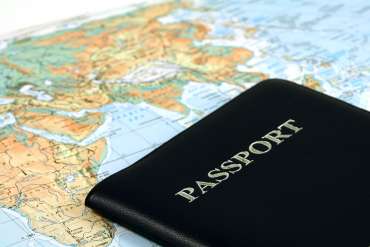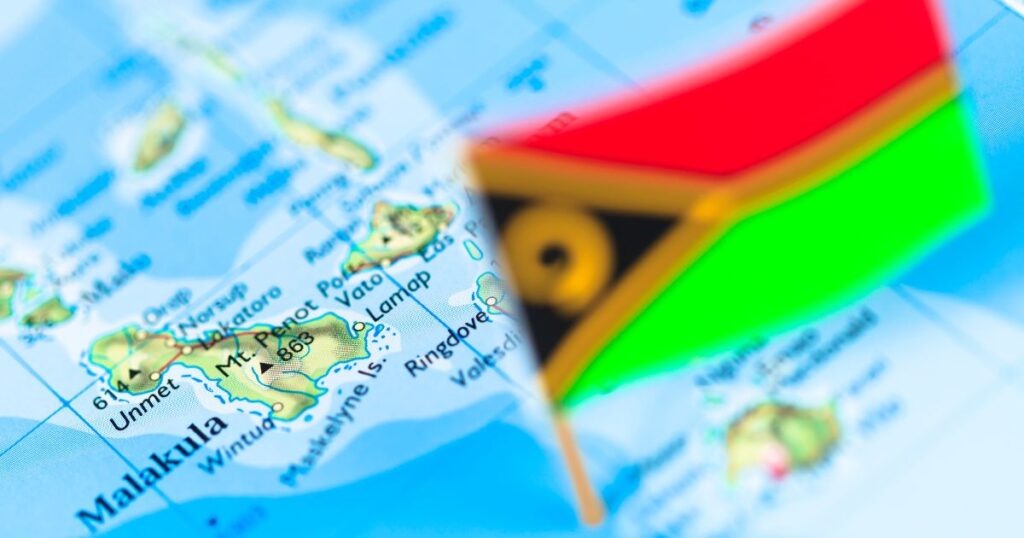Dual citizenship is great, brings so many benefits, but there are downsides to dual citizenship include double taxation, national service, legal obligations and importantly limited consulate protection. One of the important rights provided by your citizenship is protection abroad.
Dual citizenship can lead to conflicts. A foreign country might claim you as a citizen of that country. The host country may not recognize your foreign nationality if you are also a national of that country, especially if you did not enter the country using your foreign passport (eg. US). The Foreign embassy or consulate’s ability to provide consular assistance may be limited.
As a rule of international law, that when a person who is a dual national is residing in either of the countries of nationality, the person owes allegiance to that country, and that country has the right to assert its claim without interference from the other country. In the absence of international agreement, dual nationals may get limited consular protection and services.
According to the principle set forth by the 1930 Hague Convention that “a state may not afford diplomatic protection to one of its nationals against a state whose nationality such person also possesses”. This is why, some dual citizens may not get automatic consular protection abroad, during distress or emergencies, when present in their host citizenship country, during emergencies.
It is even worse when dual citizenship is not recognized by one country. For example, it is impossible to seek consular protection of US embassy in Japan for a Japanese/American dual national. Another example, If you hold both British and Chinese citizenship you can’t get diplomatic help from the UK when you’re in China, according to Home office.
Why do you need consular protection?
During these situations you will most likely need the assistance of embassy.
- Lost or stolen passport or ID card – The embassy can issue emergency travel documents.
- Serious accident or illness – Embassy Staff may contact family or friends back home for you if you end up in hospital.
- Mugging or serious assault – Someone from the embassy may come with you to the police station.
- Death – Staff may help notify next of kin and help you register a death.
- Your arrest or detention – The embassy may provide information on the local legal system, or help you find a lawyer.
- Relief and repatriation in case of an emergency – For example in case of a natural disaster or civil unrest or disease epidemic.
United Kingdom
The Home office says normally we cannot help dual nationals when they are in the country of their other nationality.
We may also help Commonwealth nationals in non Commonwealth countries where they do not have any diplomatic or consular representation, but will normally ask their nearest embassy to provide any ongoing assistance required. We cannot help other nationalities, even if they live in the UK or have close connections to the UK.
If you are a dual British national in the country of your other nationality (for example, a dual US-British national in the US), we would not normally offer you support or get involved in dealings between you and the authorities of that state. We may make an exception to this rule if, having looked at the circumstances of the case, we consider that you are vulnerable and we have humanitarian concerns. These circumstances might include cases involving a murder or manslaughter, children, forced marriages or an offence which carries the death penalty. However, the help we can provide will depend on the circumstances and the country of your other nationality agreeing to it.
We provide the same help to British Overseas Territories citizens living or travelling outside the Overseas Territory as we do to any other British national in difficulty
We cannot help British nationals (overseas) of Chinese ethnic origin in China, Hong Kong and the Macao Special Administrative Regions. The Chinese authorities consider British nationals (overseas) of Chinese ethnic origin as Chinese nationals, and we have no power to get involved in mainland China. However, we can help British nationals (overseas) living or travelling outside China, Hong Kong and Macao
United States
Dual nationality may hamper efforts by the U.S. Government to provide diplomatic and consular protection to individuals overseas. When a U.S. citizen is in the other country of their dual nationality, that country has a predominant claim on the person. A foreign country might claim you as a citizen of that country if (a) you were born there; (b) your parent or parents (and sometimes grandparents) are or were citizens of that country or (c) you are a naturalized U.S. citizen but are still considered a citizen under that country’s laws.
According to State Department, It is often regarded as a rule of international law, that when a person who is a dual national is residing in either of the countries of nationality, the person owes paramount allegiance to that country, and that country has the right to assert its claim without interference from the other country. Thus, in the absence of agreements to the contrary between the United States and the country of second nationality, if a dual national encounters difficulties in the country of the second nationality while residing there, the U.S. government’s representations on that person’s behalf may or may not be accepted.
The United States does have a limited number of bilateral consular agreements or arrangements that address certain questions of related to dual nationals and consular assistance.
The US embassy cannot provide these services
- Get U.S. citizens out of jail overseas
- State to a court that anyone is guilty or innocent
- Provide legal advice or represent U.S. citizens in court overseas
- Serve as official interpreters or translators
- Pay legal, medical, or other fees for U.S. citizens overseas
Australia
Many Australians hold two or more nationalities. According to Australian Government, “If you’re in your other country of citizenship, the government there may restrict what consular services we can provide”.
This Australian embassy abroad cannot offer
- Cant provide consular assistance if their government doesn’t recognise you’re Australian
- Can’t get you out of compulsory military service if you’ve been called up, or out of jail if you’ve been charged as a defaulter
- Can’t get you out of trouble if you’ve been arrested or jailed
- Can’t provide legal advice
Canada
Canada offers Consular protection and assistance. The the two most common types of assistance provided to distressed Canadians were related to arrest and detention
-
- response to an emergency
- communications with family and/or friends in the event of an emergency
- assistance for repatriation, urgently needed medical or professional attention
- notification of next of kin in the event of death or life-threatening illness or injury
- contact with arrested or detained persons
- missing persons
- financial transfers (fees apply)
- child custody
- kidnapping
- assistance in extradition matters
- assistance under the Hague Convention
- assistance under prisoner transfer treaties
Dual citizens
A person who travels to a country where he or she is a national can expect to be treated like any other citizen of that country. In situations of detention, for example, it is unlikely that Canadian consular services would be able to provide much assistance to a dual citizen.
The consular agreement between Canada and the People’s Republic of China is a good example of this. Article 12 of this agreement provides explicit rules for consular services in the case of a dual national. At paragraph 3, the agreement limits access to Canadian consular services by virtue of the fact that it recognizes the Canadian status of a distressed dual national for the period provided in a visa (or lawful visa-free entry) only if the dual national entered China on his or her Canadian passport.
EU citizens
EU citizens are entitled to seek help from the embassy or consulate of any other EU Member State if they find themselves in a situation where they need assistance outside the EU. Given that not all member states are present worldwide, it is essential that EU countries commonly cooperate to ensure that all EU citizens in distress receive assistance under the same conditions.
In April 2015, the Council adopted new rules on consular protection for unrepresented EU citizens living or travelling outside the EU. The new rules clarify:
- when and how EU citizens have the right to assistance from other EU countries’ embassies or consulates
- how EU countries should coordinate their assistance
European citizens benefit from better consular protection abroad thanks to these new rules. Cooperation between consular authorities has also been simplified.
The directive is applicable since 1 May 2018.
The United Kingdom withdrew from the European Union as of 1 February 2020. UK is still treated as EU member state until its withdrawal on Dec 31, 2020.





